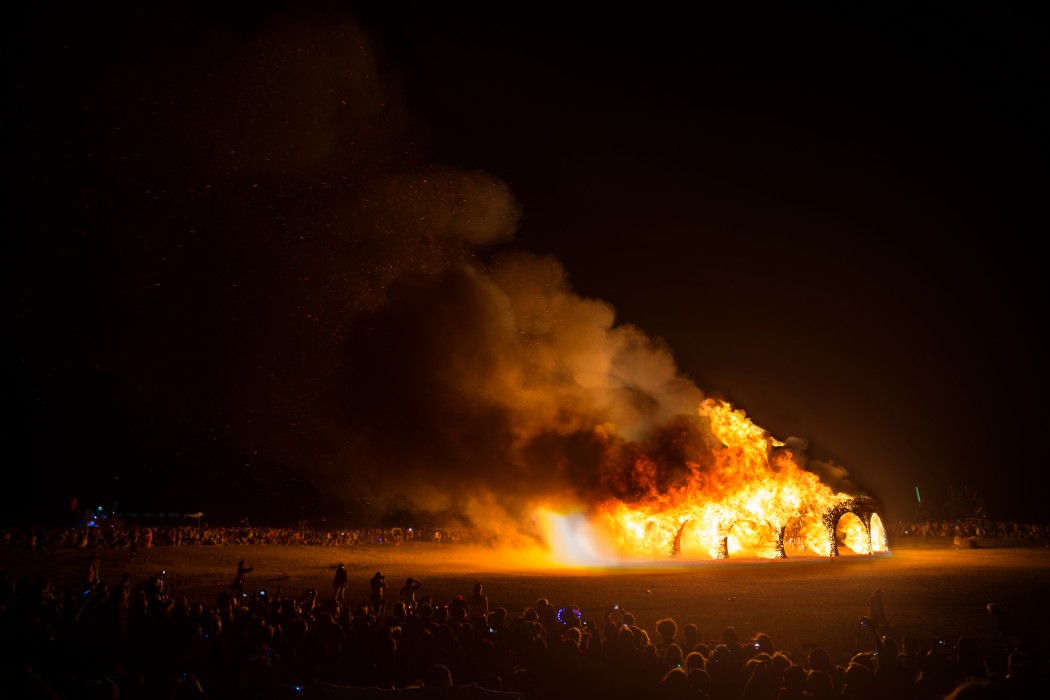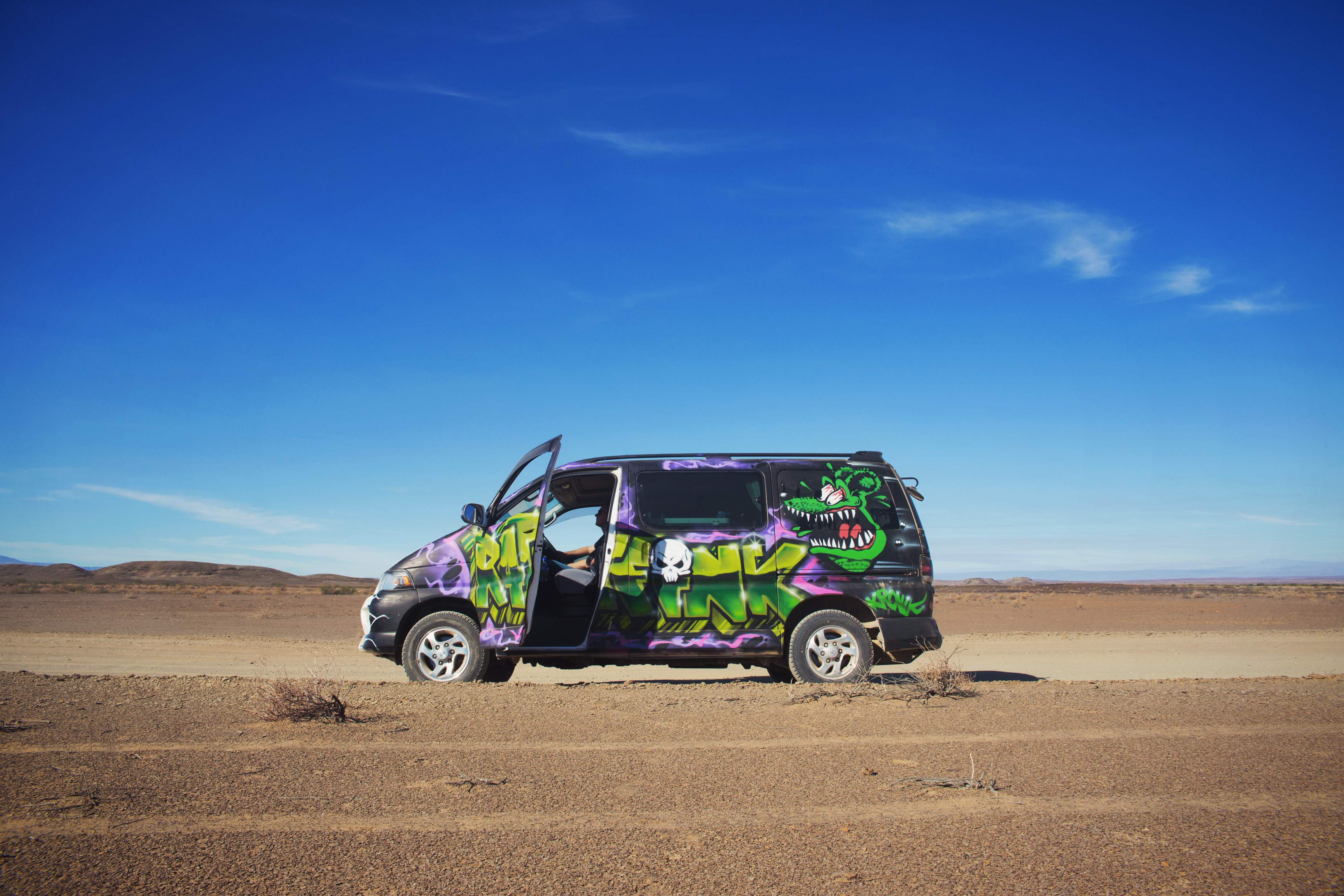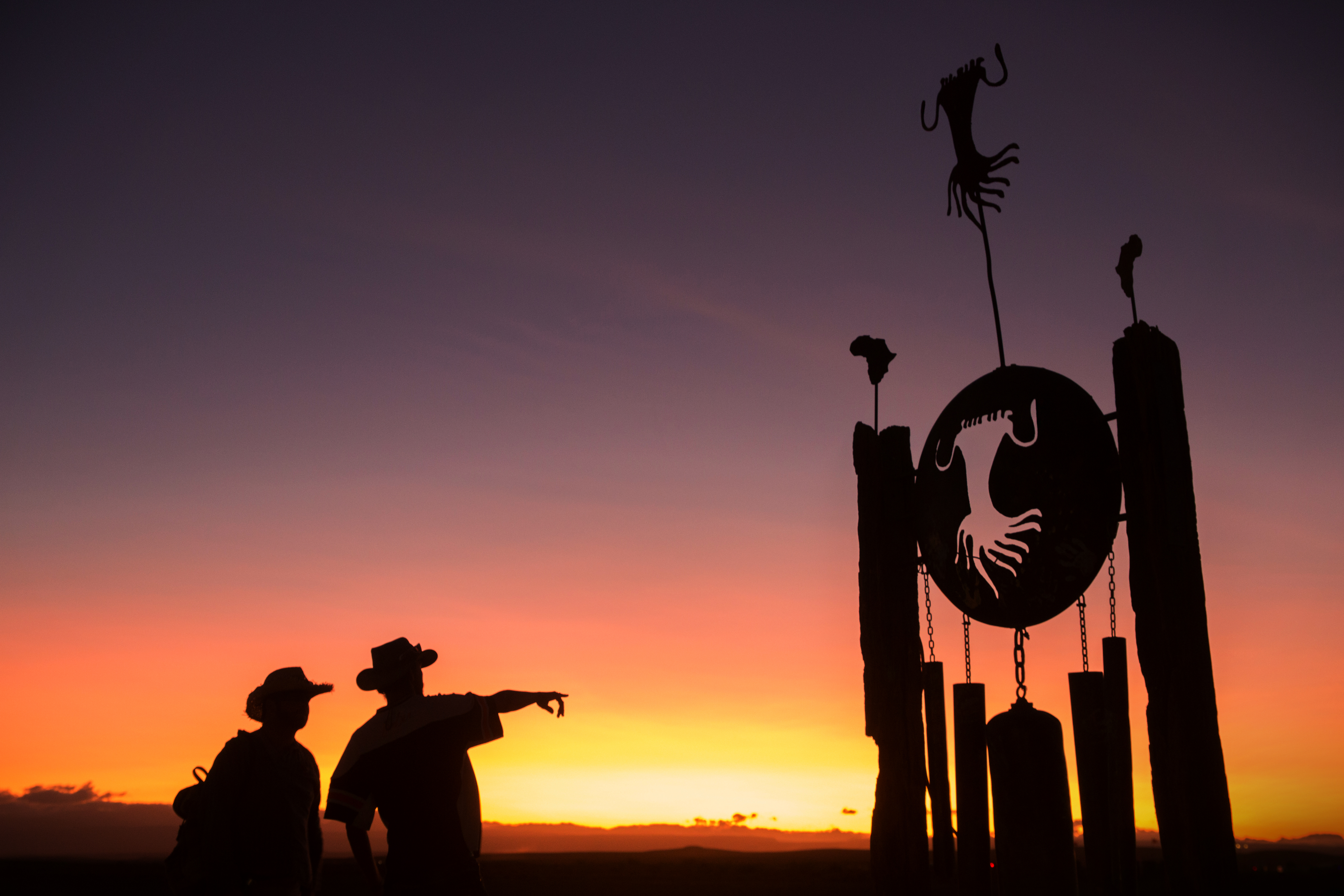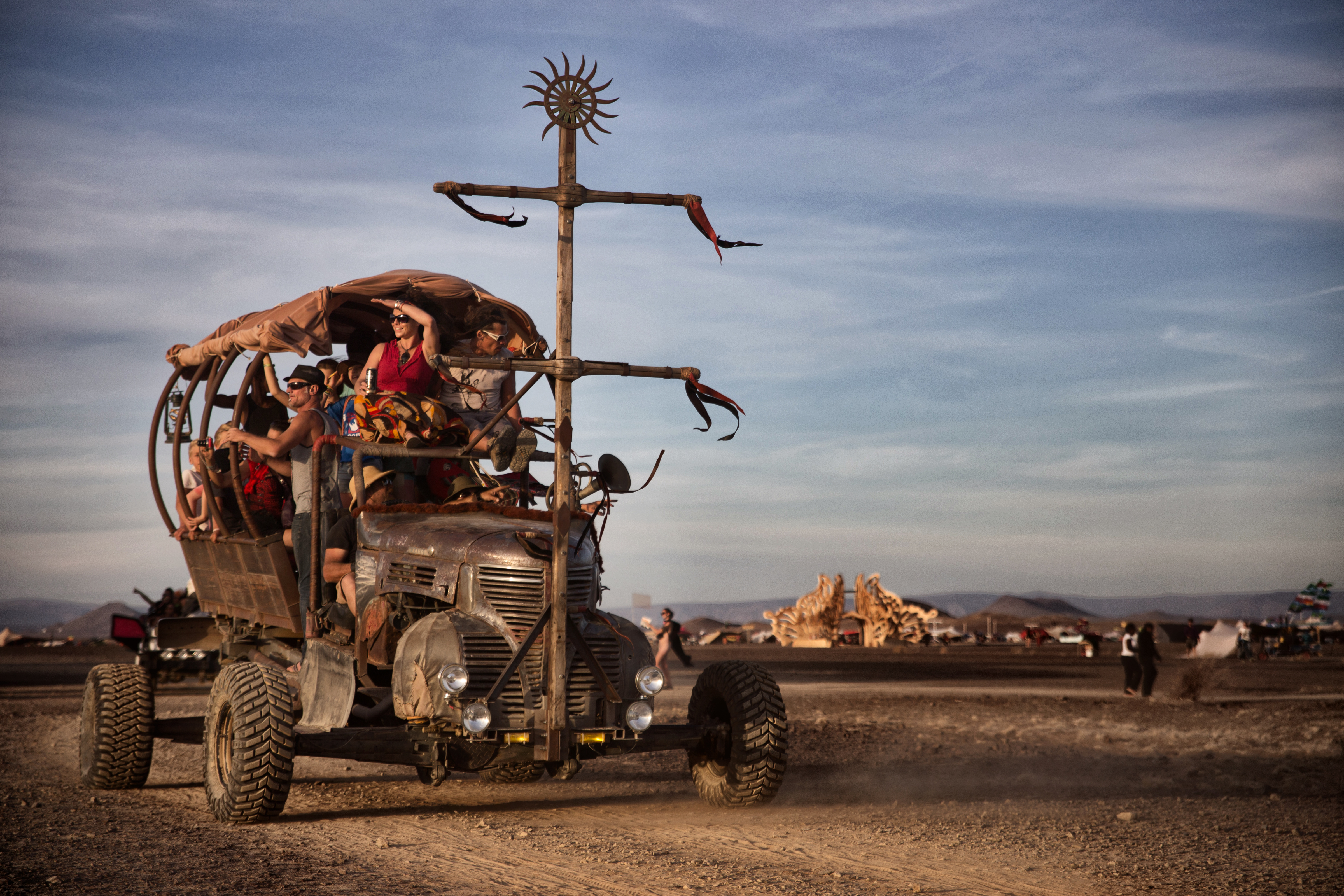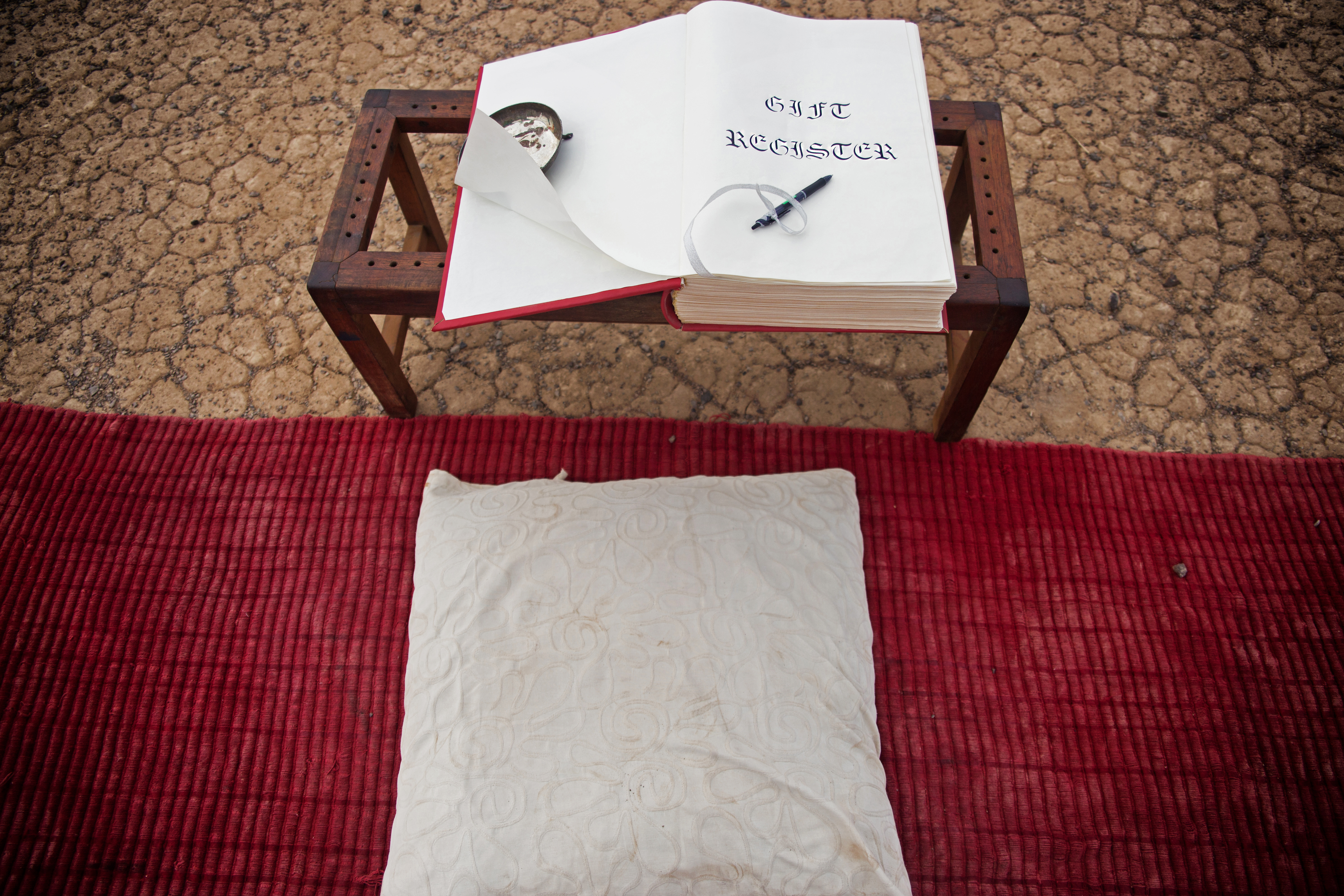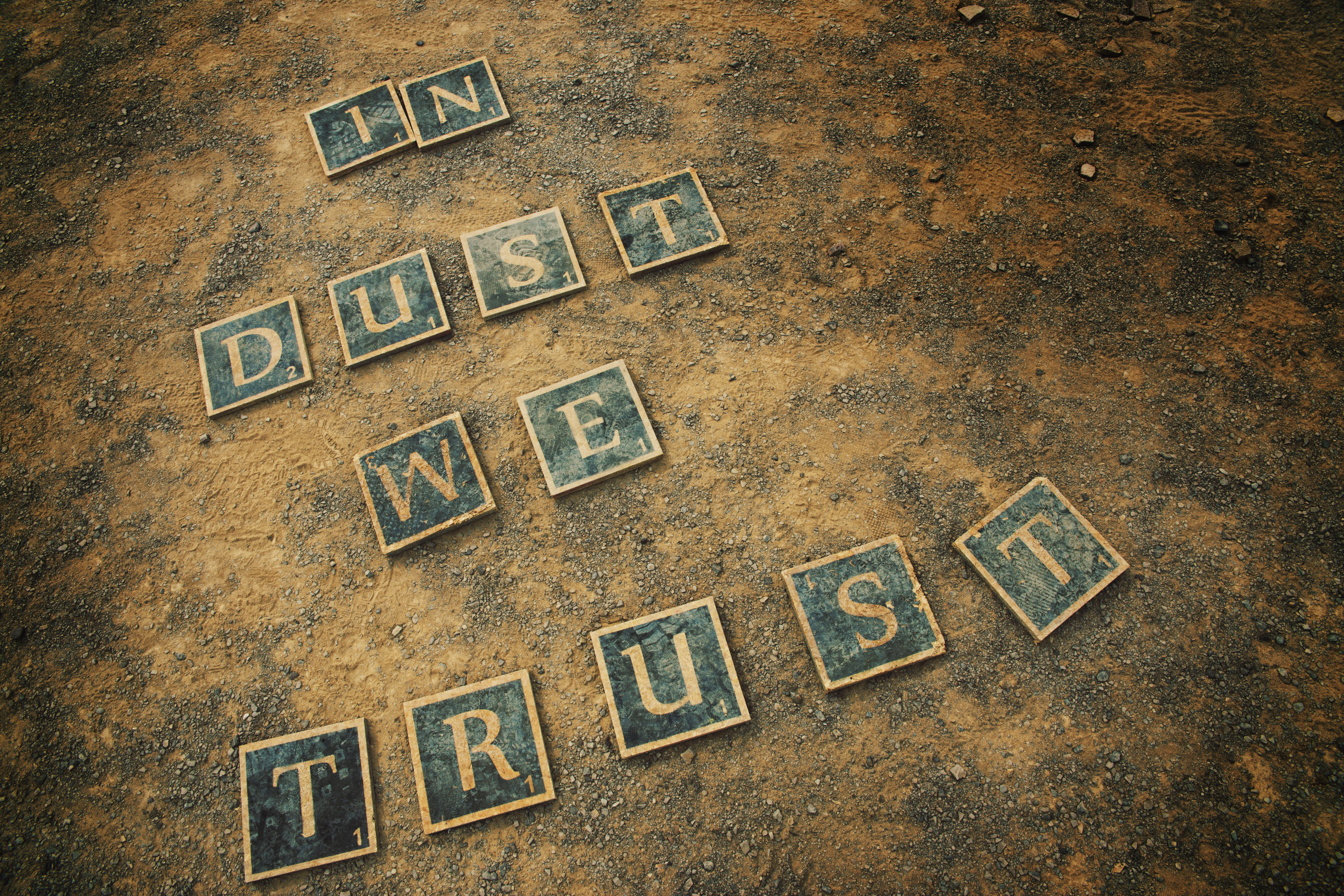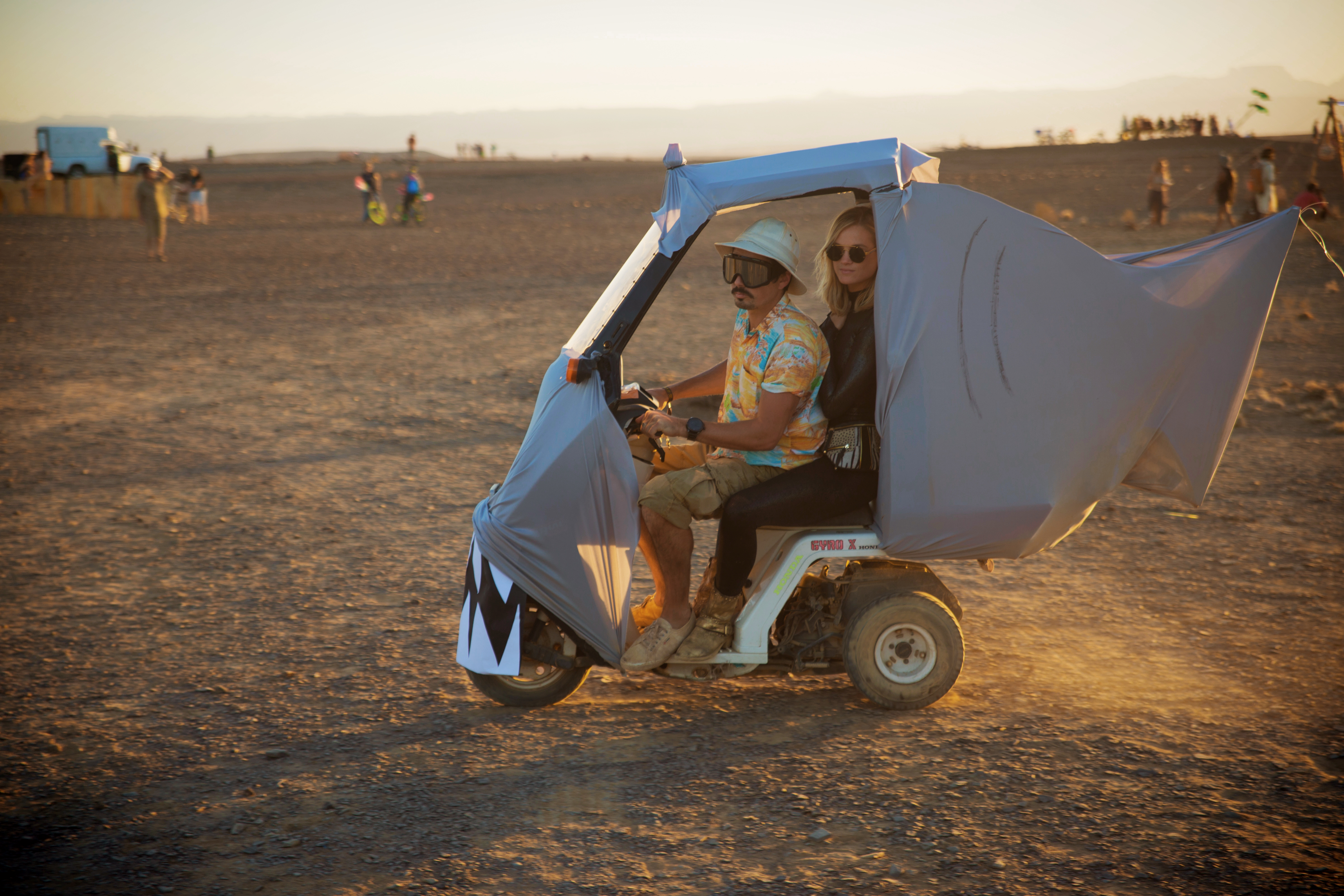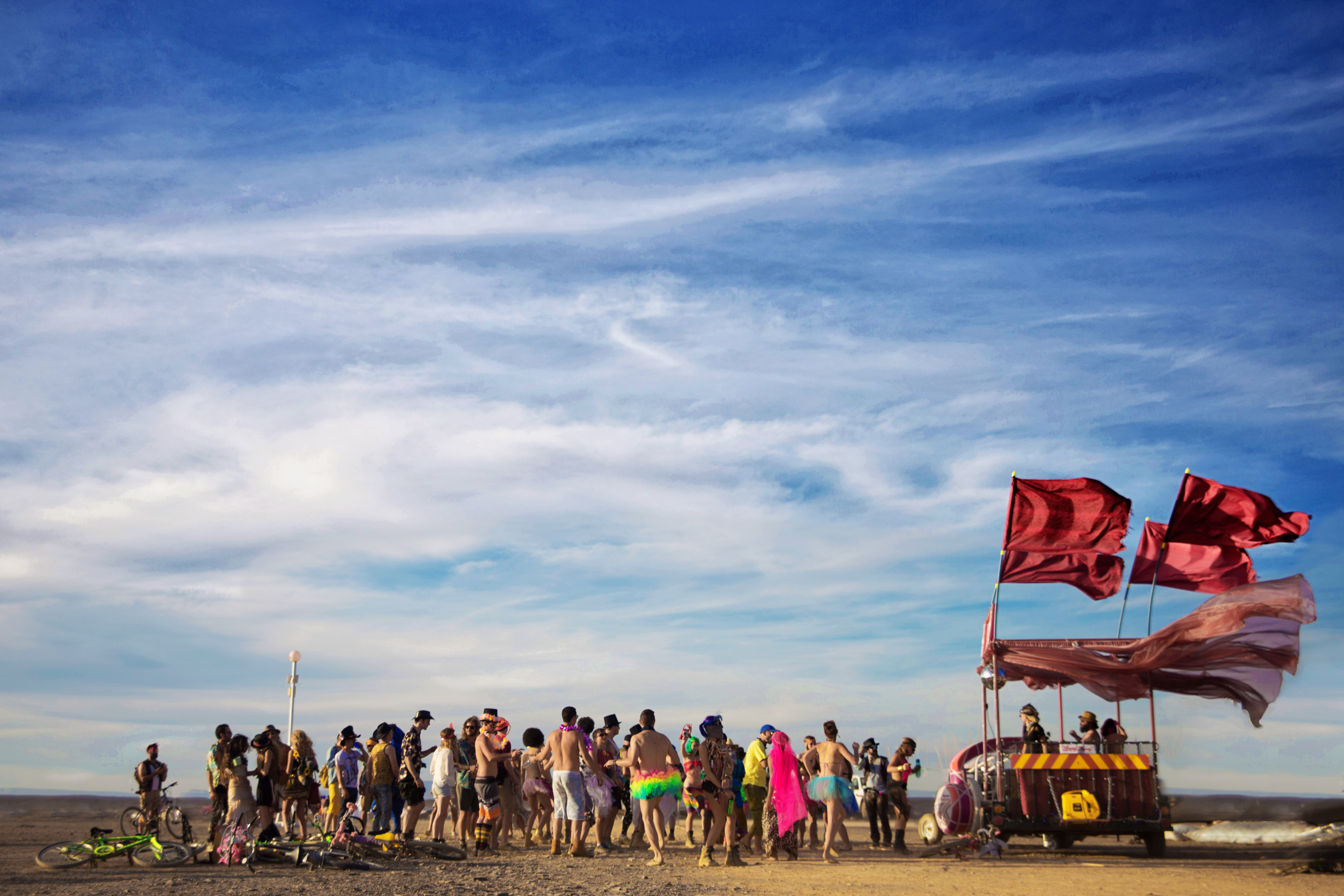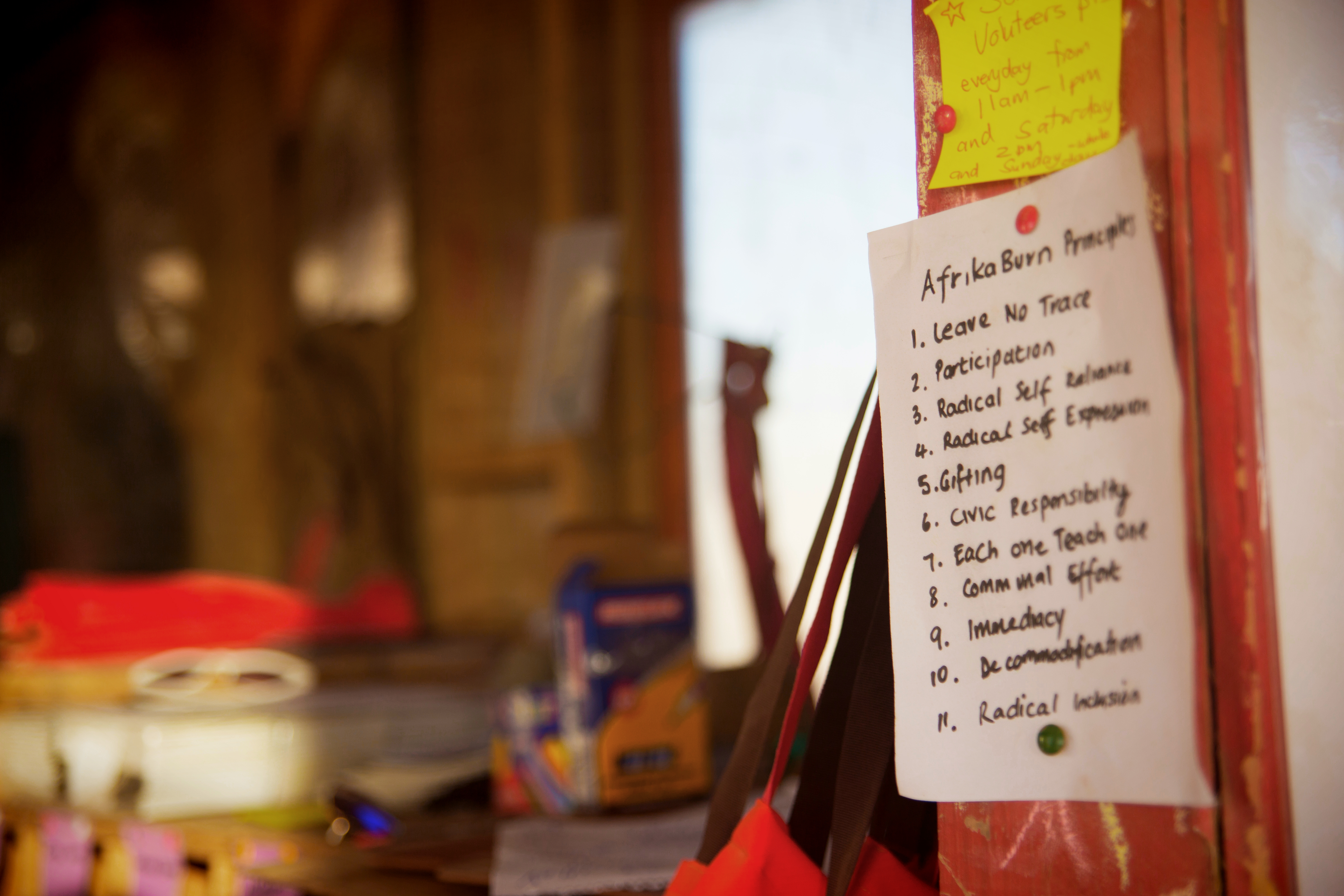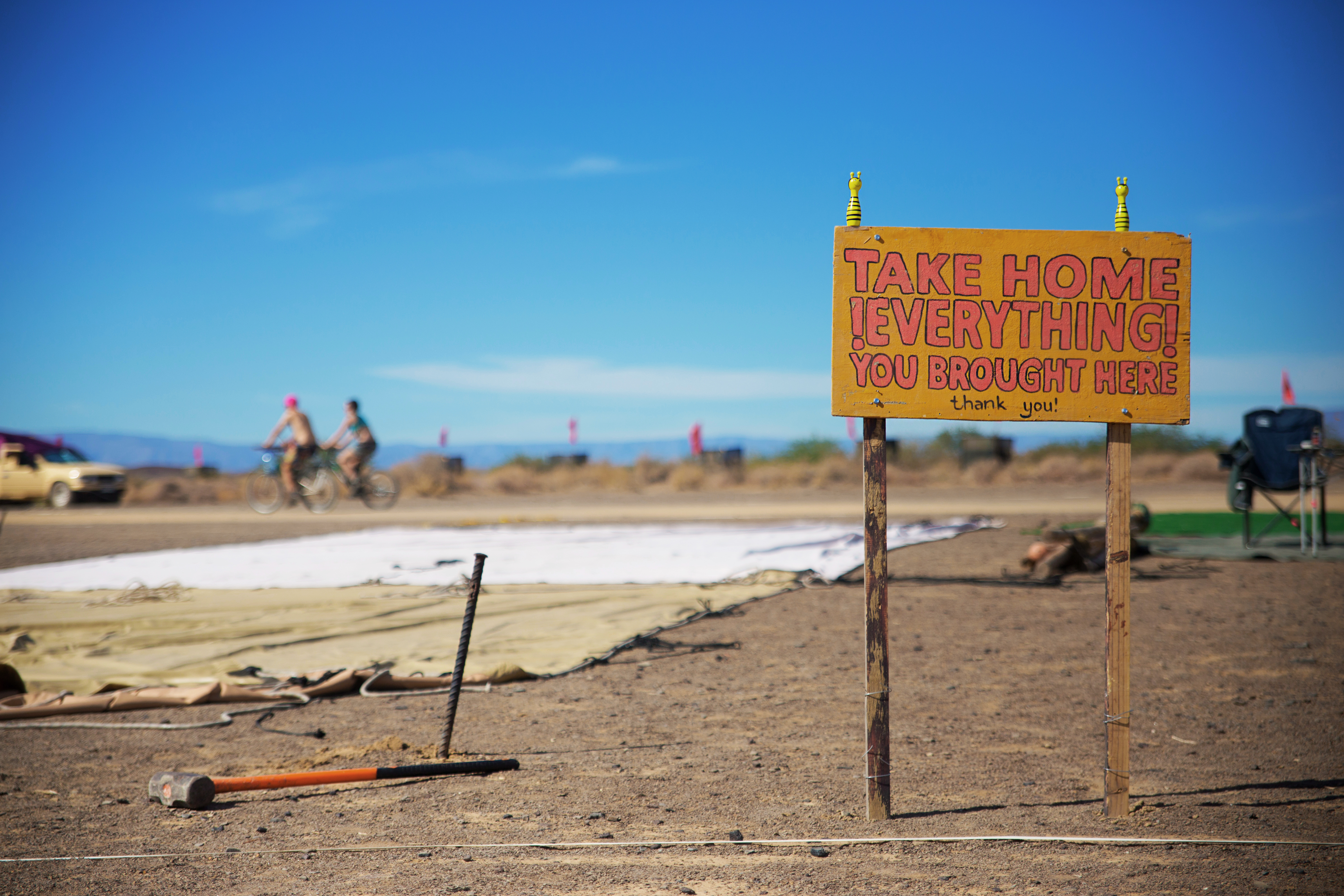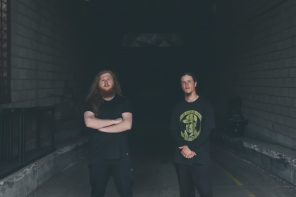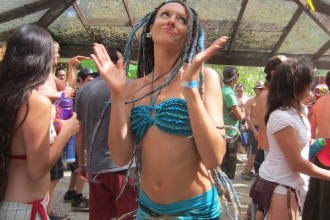Originally published on Voices of Burning Man
This part is familiar. I‘d done it before. Many times. 12 gallons of water. 16 oz. of instant coffee. 32 pairs of socks. Four packages of baby wipes. Chapstick. Lotion. Earplugs. A headlamp. A backup headlamp. A backup headlamp for the backup headlamp. Three times as many batteries as I’ll actually use.
I’m no stranger to Black Rock City, but for AfrikaBurn — the largest of more than 60 official Burning Man Regional Events worldwide — I was a newbie.
I’d spent the last 24 hours getting repeatedly lost driving on what had, until this point in my life, been the wrong side of the road. Armed with a cartoonish tourist map exclusively highlighting a particular brand of petrol station, I explored Cape Town in a rental van covered in what any upstanding member of South African society would consider an offensive paint job. In the 24 hours since landing, I’d put a decade of Burning Man experience to the test — acquiring all the gear and just-add-water sundries I couldn’t cram into my two carry on bags, quickly realizing the jet lag wasn’t helping me get a grasp on the currency exchange rate. And here I had thought packing all of my gear into six large tote bins over the course of a month was challenging.
Now it’s go time.
Time for the dawn alarm clock. For last minute packing. For the best laid plans turned fuck-it-just-shove-it-in-there. For the list of things I know I’d forgotten and need to get along the way but never actually get around to writing down. And then the drive. The long drive. The long. hot. dusty. drive. into. the desert. HWY 447 in Nevada is a walk in the park compared to the R355. Your muscles ache from gripping the steering wheel after the second hour of washboard dirt road.
Then I arrived.
I waited in line. Showed my ticket at the gate. Had my vehicle searched. Got my WTF Guide. Rang the Virgin bell. Hugged a Greeter. Navigated the backstreets. Found a camping spot. And then thought:
“This is fucking trippy.”
I knew this place. It was Burning Man.
Kind of.
To be more accurate: the physical things — the desert, the streets, the climate, the mutant vehicles, theme camps, and installations — were somewhat reminiscent of Black Rock City. But the energy — the explosive creativity and the communal acknowledgment that thousands of passions created this amazing thing — that was the exact same as the ‘secret sauce’ of Burning Man. AfrikaBurn’s “Tankwa Town” was a thriving example of how Burning Man values are expressed by a community far beyond Black Rock City.
At 10,000 participants, Tankwa Town had the intimacy and manageability of BRC in the late ’90s, but the LED-lights-to-flamethrower ratio assured me this was 2015. Despite the geographical similarities to Black Rock City, ”Burning Man” as a set of values was alive and well in ways unique to the region, making Tankwa Town truly a home for South African Burners. Streetside BBQs were the primary means of cooking. Packs of children ran around together. Long drop toilets took the place of porta-potties. The DPW were actually friendly.
Don’t get me wrong. AfrikaBurn is not some replica community just “getting by” because they can’t make it to BRC. Theirs is not an attempt to recreate or impersonate what happens in Nevada. It is a thriving community with its own rituals, language and traditions. An event can’t be separated from the context of the local community. Each official Burning Man Regional event takes different forms in different places. Like theme camps themselves, geographical regions have different desires and needs for fostering a genuinely transformative experience. A concept like “Radical Inclusion” is fundamental to any event’s ecosystem, but that principle takes on a uniquely different context in a country 21 years out from the end of the atrocities of Apartheid.
The only people able to create a community event with this vitality and relevancy is the local community itself. It wouldn’t work if the Burning Man organization tried to impose an event on a geographical area and expected it to be authentic. Burning Man pops up where it’s needed. In South Africa, a country still combatting the reality of xenophobia, passing a road signpost that reads “Burners Welcome Here” wasn’t just a sign of acceptance of people like me, but a sign that Burning Man was helping promote acceptance of others of all kinds. I’d traveled to the opposite side of the world to a place struggling to heal wounds left from warring tribes and found that my tribe, the only tribe I’ve ever really had, was openly welcomed here.
And my tribe is a global tribe. Many folks I met at AfrikaBurn have not and will likely never come to Black Rock City, but they are Burners through and through. AfrikaBurners have just as much ingenuity, creativity, and collective spirit as any group I’ve seen in the makeshift city in Nevada I’ve called home.
Then it hit me: Black Rock City may not be as precious as I had assumed.
Our City of Dust is not that special.
Burning Man is not that fragile.
And while at first this fact was kind of saddening (the way a child’s heart is broken upon realizing they’re not the center of the universe), it was in that moment that it became irreversibly apparent to me: Burning Man is not confined to Black Rock City. The elements at the core of the Burning Man experience may be more fundamental than we realize. Black Rock City is an event. Burning Man is a movement. We are not stuck inside the trash fence.
So then, how do I, as a proud Burner and someone who goes to work each day at Burning Man Headquarters, find my place in the Great Burner Diaspora?
As I see it, our role has changed as an organization. We’ll still build the container for That Thing in the Desert, but our responsibility is no longer simply to produce an event that can be used as a replicable model. We are shifting into the role of supporting and connecting the evolution of an array of events and communities around the globe. Some look much like BRC with weeklong excursions into the desert. Some take place in urban warehouses and maker spaces. Some only exist online.
These communities face unique challenges. And Burning Man as an organization is uniquely suited to help. Gone are the days when we lie to our bosses about our brother’s fourth wedding to galavant around in the desert for a week. These days, we’ve got politicians — liberal and conservative — standing up as advocates. International media outlets are desperate to cover the event (although disappointed once they find out we won’t give them free tickets). As a cultural organization, we are gaining influence where before we made excuses.
However, with great power comes great responsibility.
We owe it to the Burners who built this magical thing to be a champion for their causes. We need to support the artists, makers, doers, planners, thinkers and tinkerers to help their communities thrive and grow. Burning Man, formerly as a place and now as an idea, is a nexus of possibilities. It is a fire around which people come in from the edges to gather and share. As an organization, we are being called upon from many places to support this incredible group of people — whether their home is Black Rock City, Tankwa Town, a small town in the rural Midwest, a disaster stricken swath of Haiti, or anywhere else Burners are to be found. We are advocates. We are teachers. We are historians. Philosophers. Enablers. Storytellers. Lobbyists. Donors. We are the keepers of a collective wisdom. We are a megaphone in front of the voice of the many.
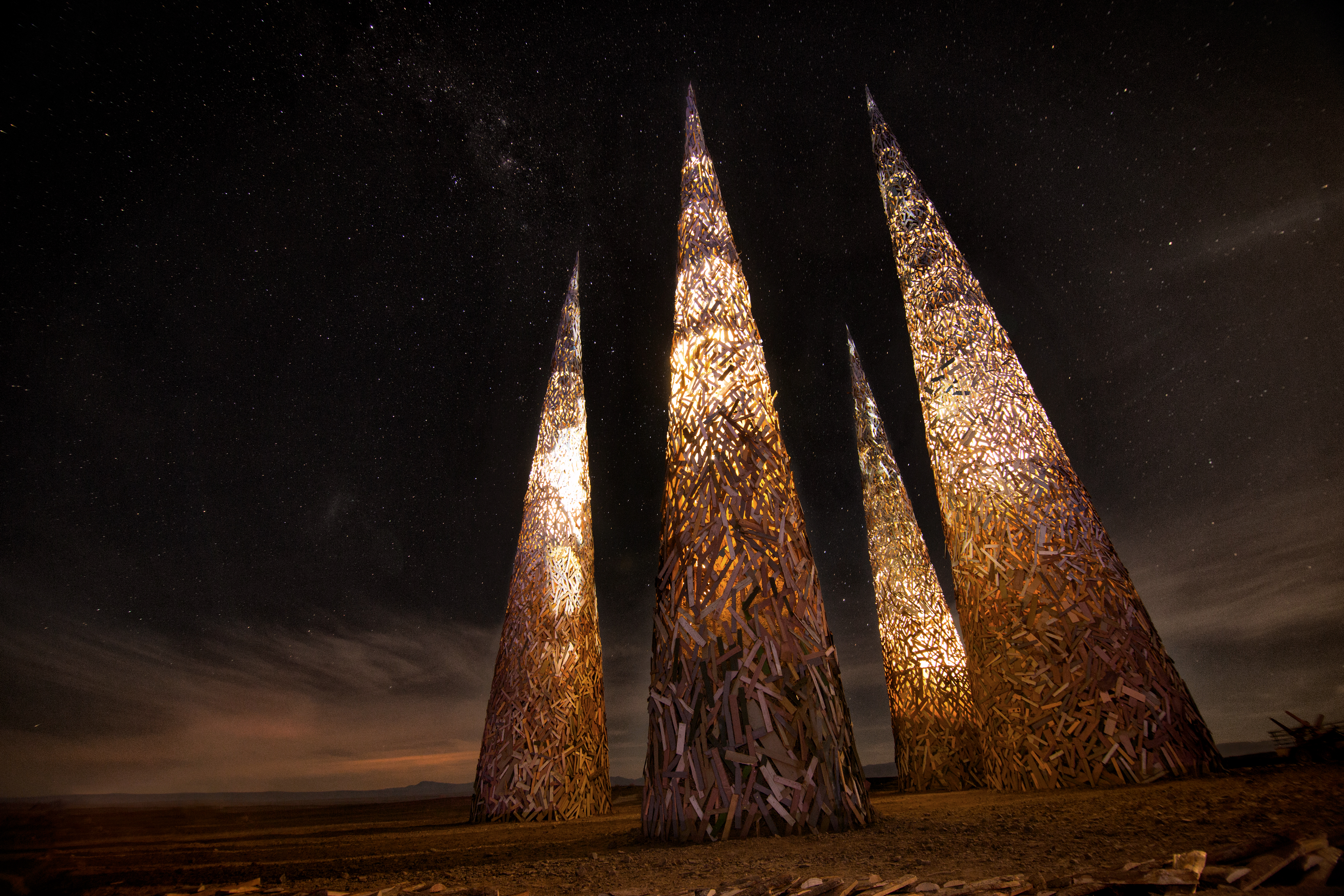
Because of this, the nonprofit Burning Man Project has a responsibility to champion these causes with authenticity and integrity. With inclusiveness and transparency. With humility and honesty. The transition into a nonprofit has increased the need for these values and given reason to reexamine some longtime systems of operation. We are learning a lot along the way, and I have no doubt that we are creating an organization better suited to support Burning Man culture around the world.
For those of you who eschew Burning Man because it is no longer the same desert campout you first fell in love with, I’m sorry, but this is bigger than you. It’s bigger than me. It’s bigger than Larry Harvey. The secret is out. Not the secret about some party in Nevada or about the symbols and phrases we use to identify others as “one of us.” The secret is out that together we can rewrite the rules of existence to focus on principles that create lives of actual, tangible, and shareable value and avoid the over-commodified consumer wasteland that is inevitably headed our way if we don’t get off our asses and do something about it.
As I see it, we have a choice. We can let this secret be co-opted and diluted by the great big world now discovering it, or we can step into stewardship and guide it. We can let apathy push us into a world of entitlement and snark, or we can join together to make this grand experiment actually matter in a significant way. There has never been anything like this, and when we actually walk the walk, we absolutely have the potential to change the world.
I’m proud to be one of the many who has taken up this flag. I consider it an honor to help tend this fire. May it bring many warmth and light in the times to come, whether they are in Black Rock City, South Africa, or somewhere in between.
All the photos in this post are taken by myself. To see the rest of my pictures from AfrikaBurn, you can head over to my gallery and check ‘em out.

